Editor :
Est-Nord-Est, résidence d'artistes
Location :
Saint-Jean-Port-Joli
Year :
2022
Language :
French / English
Author :
Véronique Hudon
Artist and author
In her ongoing critical reflection, Laure Bourgault connects territorial and identity-related questions to political and social perspectives. She devoted her residency at Est-Nord-Est to two projects in which she addresses the role of water in the territory that we call Québec.
For the first project, Laure conducted research for production of Le plus souvent on dit progrès (tendre la main vers l’écoulement), her work presented in the group exhibition Le murmure des ruisseaux at Espace Projet (Montréal, 2022). The exhibition brought together different works around the theme of the buried streams that run through the island of Tiohtià:ke/Mooniyang/Montréal.
Most of these streams have become channels for evacuation of wastewater; starting from this observation, Laure explored the health, economic, and political issues surrounding the management of urban waters. Drawing on archives – caricatures, pamphlets, photographs, public notices, and articles – she created a text-based collage that takes the form of an intimate sound piece to accompany an itinerary through the city. Part documentary and part poem, the text, narrated by Laure, guides the public on an exploration of the urban landscape.
Laure’s second project focuses on the St. Lawrence River and the different collective imaginaries related to it. In her early research stages, she concentrated on the material reality of the river’s water. A laboratory analysis of clay samples collected on its banks revealed the contamination of the shoreline. In addition to conducting this “archaeology of the toxicity of water,” Laure sketched out a portrait of the activities conducted in the territory over time. Engaging with the popular imagination, she wishes to work with different village communities along the river to revisit bits of their history. This part of the project, borrowing from participatory and community theatre, will take the form of a documentary film.
In both projects, Laure extends a receptive ear to the material life of water to understand what it may reveal. Unlike dominant representations and political discourses, water provides access to historical perspectives related to hydro-colonialism and exploitation of the land. Laure’s position encompassing research and creation is developed in dialogue with an enlightening body of theoretical case studies.
Discover
Newsletter
Keep up to date with the latest news!
Follow us
© 2025 Est-Nord-Est




